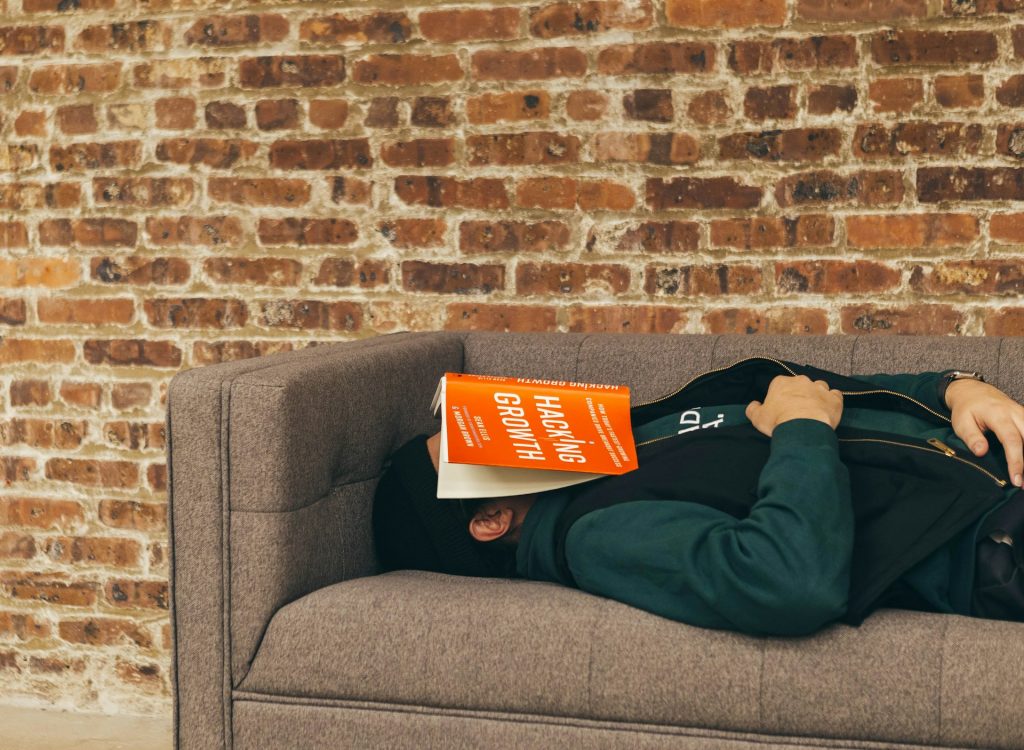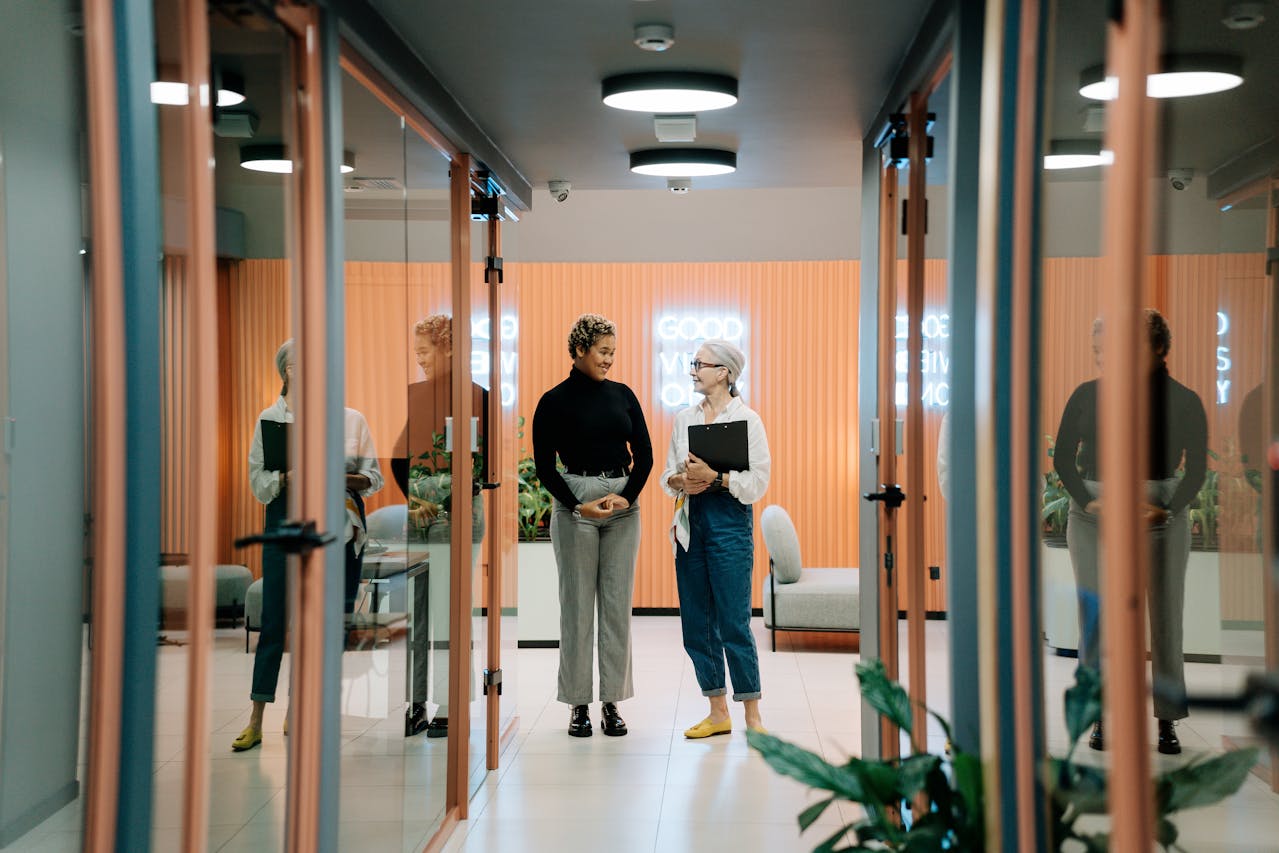The benefits of napping in the workplace are undeniable. Yet, ultimately few employers value or even encourage their teams to nap during their day to recharge their batteries. Marie-Ève St-Germain, the founder of Espace Mental, advocates for this right to rest in the latest episode of this podcast.
Democratizing napping and rest. This is the goal of Marie-Ève St-Germain, who readily describes herself as an “activist for the right to rest.” This deep relaxation and meditation teacher has recently launched her company, Espace Mental, which focuses on relaxation, stress reduction, and napping through conferences, workshops, collaborations, and events.
In episode 42 of the podcast “On parle de bien-être numérique,” hosted by Laurie Michel, she recounts experiencing several depressions and burnouts in the workplace before embarking on this path.
“I realized that the problem was with me and a culture that made it difficult for me to slow down,” she summarizes.
The challenge of the right to rest
Culture is a word that recurs repeatedly in her words. And for good reason:
“Rest is cultural and societal. In my opinion, we have reached the end of this culture of frantic work. Maybe it worked before, but it’s no longer the case today. It’s time to rethink how we work to see what we want to achieve as a society.”
Laurie Michel, a digital well-being specialist, however, points out that this word “rest” can be frightening. In other words, it is associated with the notion of slowing down, which seems contrary to our society where we must constantly produce and be in action.
“It’s true as long as the value in society remains tied to what we do and the money we generate. Nevertheless, our brain and body need rest and downtime. We cannot constantly work harder,” responds Marie-Ève St-Germain.
Napping and deep relaxation
She doesn’t just offer solutions but also reflections. Beyond the solution of implementing naps in the workplace, the issue is rather about feeling collectively less guilty, as a team, about slowing down or even sleeping.
Marie-Ève St-Germain also makes a distinction between napping, which is lying down and then waking up twenty minutes later. Without guidance or context. This is easy when there is time, but much less so otherwise. And deep relaxation (or guided napping).
“It’s not just about relaxing quietly on a couch. But rather being guided so that your body falls into a deep sleep period so that you can be more creative and able to think better when you wake up, 20 minutes later,” she explains.
For some people, napping is indeed a challenging exercise. The brain cannot help but keep turning. Relaxation techniques are then necessary to truly fall into the arms of Morpheus.
In the end, the real challenge in the workplace is not to consider this rest as laziness or a waste of time but rather as an additional source of energy and recovery in case of accumulating fatigue in the face of a constant sense of urgency.
Food for thought!




